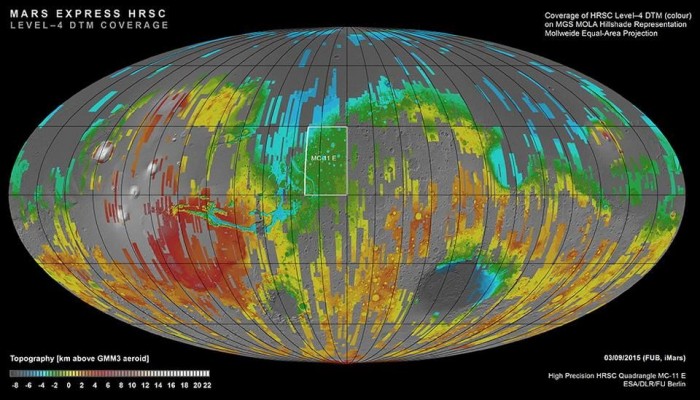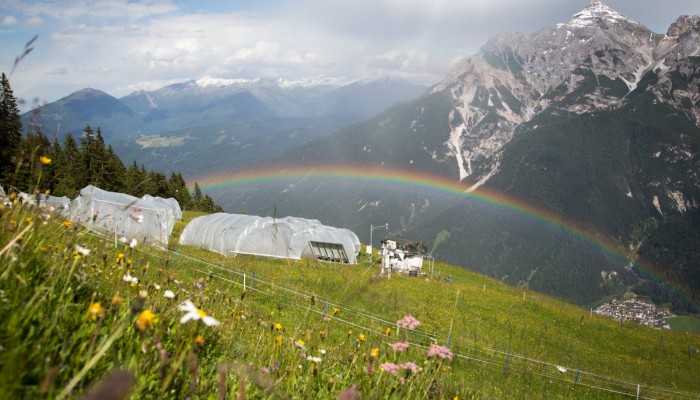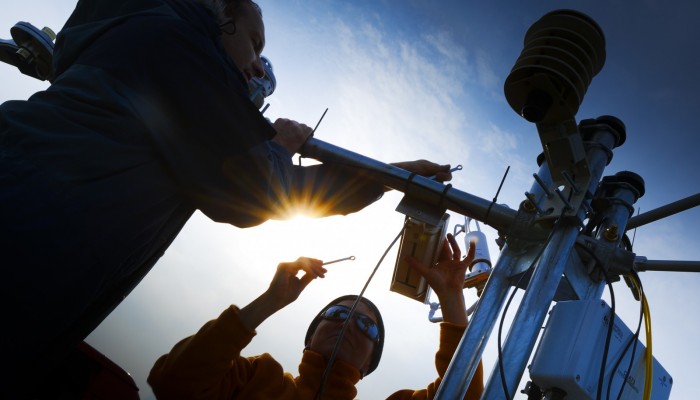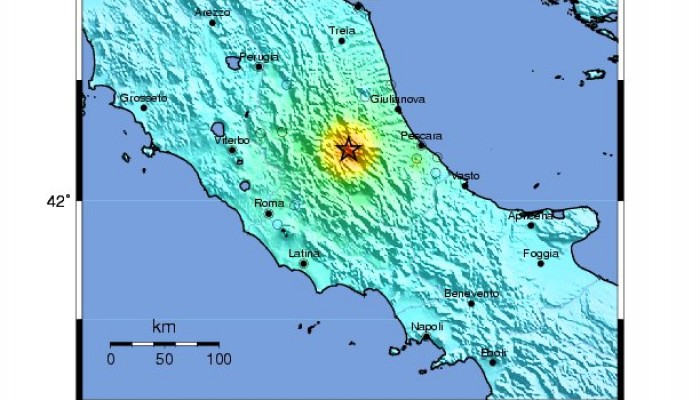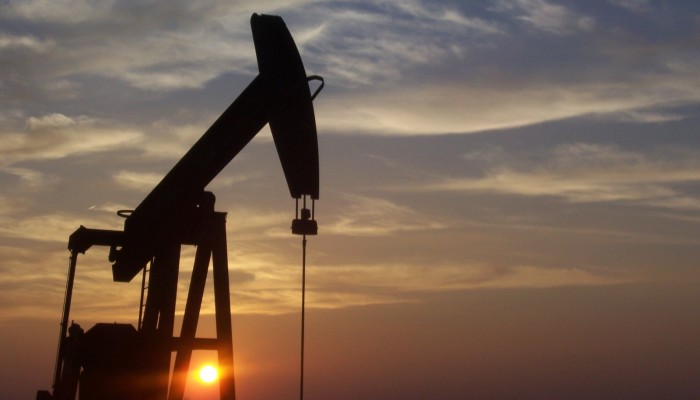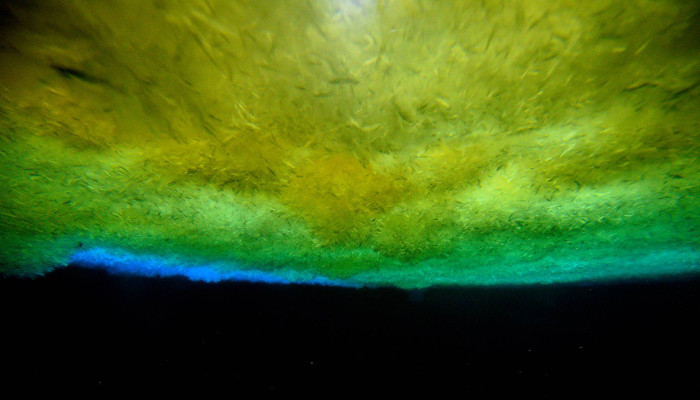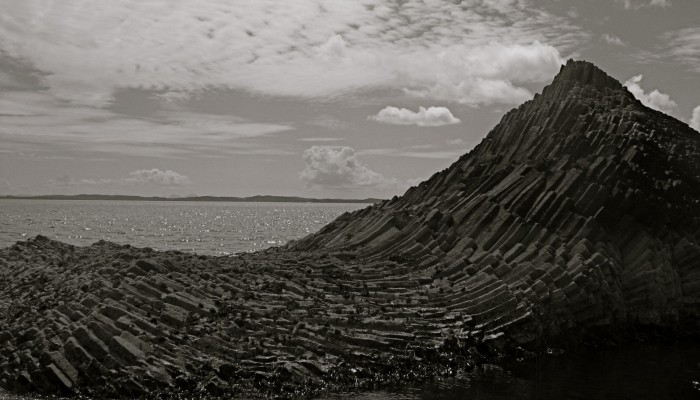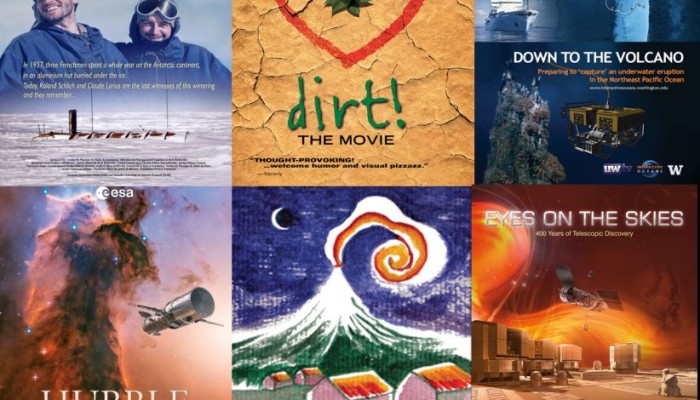GeoLog followers will remember our previous report on Citizen Geoscience: the exciting possibilities it presents for the acquisition of data, whilst cautioning against the exploitation of volunteered labour. This blog presents a Citizen Science platform that goes beyond data collection to analysis, specifically for geological changes in remote sensing imagery of Mars. Jessica Wardlaw, a Postdoctor ...[Read More]
Biogeosciences
Welcome to the multi-faceted world of biogeosciences
“From marine micro-organisms to mountain ecosystems” Welcome to the official blog of the Biogeosciences (BG) Division of the European Geoscience Union! This blog is run by biogeoscience enthusiasts with very different backgrounds, ranging from plantecophysiology over geology to geomicrobiology. Therefore we think that the variety of posts, will make this blog interesting for all intere ...[Read More]
Energy, Resources and the Environment
Understanding groundwater – students’ pre-conceptions and conceptual change by a theory-guided multimedia learning program
Words on Wednesday aims at promoting interesting/fun/exciting publications on topics related to Energy, Resources and the Environment. If you would like to be featured on WoW, please send us a link of the paper, or your own post, ERE.Matters@gmail.com *** Citation: Unterbruner, U., Hilberg, S. and Schiffl, I. Understanding groundwater – students’ pre-conceptions and conceptual change by a th ...[Read More]
GeoLog
There are even more benefits to choosing a PICO session at EGU 2016!
Some of the sessions scheduled for the upcoming EGU General Assembly are PICO only sessions. This means that, rather than being oral or poster format, they involve Presenting Interactive COntent (PICO). The aim of these presentations is to highlight the essence of a particular research area – just enough to get the audience excited about a topic without overloading them with information. PICO sess ...[Read More]
GeoLog
Imaggeo on Mondays: Science in action – how will climate change affect Central Europe?
The effects of a warming climate are expected to be far reaching. Sea-level rise, and how it will affect costal settlements make regular headlines, and not without reason. However, climate change may have other less obvious but equally dangerous impacts; for example, take a look at this recent piece highlighting the increased risk of storms and droughts in mainland Europe. The area of Saxony-Anhal ...[Read More]
Seismology
L’Aquila seismologists cleared for good
Many European and international seismologists have been following the court saga that taunted the local earthquake scientist following the 2009 L’Aquila earthquake (central Italy). Finally, the Italian supreme court has cleared the scientists for good ! Several website, blogs, journals and even conference sessions have highlighted the case: BBC, The Guardian, EOS, AGU, EGU, Natural Hazar ...[Read More]
GeoLog
Geosciences Column: Earthquakes and depleted gas reservoirs; what comes first?
An ever growing population means the requirement for resources to fuel our modern lifestyles grows too. Be it in mining, oil/gas extraction or the improvement of renewable technologies, the boundaries of where and how we access resources are constantly being pushed. Previously inaccessible resources become viable prospects as demand increases and our technological know-how advances. Hand in hand w ...[Read More]
Cryospheric Sciences
Image of the Week: Under the Sea
Always wondered how it looks like under the sea ice? Getting an answer is simpler than you might think: Just go out to the front of McMurdo ice shelf in Antarctica and drill a tube into the sea ice. Then let people climb down and take pictures of the ice from below. More information: – Photo taken by Marcus Arnold, Gateway Antarctica, University of Canterbury during his November 2015, Antarc ...[Read More]
GeoLog
Geoscience hot topics – Part I: The Earth’s past and its origin
What are the most interesting, cutting-edge and compelling research topics within the scientific areas represented in the EGU divisions? Ground-breaking and innovative research features yearly at our annual General Assembly, but what are the overarching ideas and big research questions that still remain unanswered? We spoke to some of our division presidents and canvased their thoughts on what the ...[Read More]
GeoLog
Showcase your film at Geocinema at the 2016 General Assembly!
Every year, we showcase a great selection of geoscience films at the EGU General Assembly and after six successful years we will again be running Geocinema in 2016. If you’ve shadowed a scientist in the lab, filmed fantastic spectacles in the field, or have produced an educational feature on the Earth, planetary or space sciences, we want to hear from you. Geocinema features short clips and longer ...[Read More]

